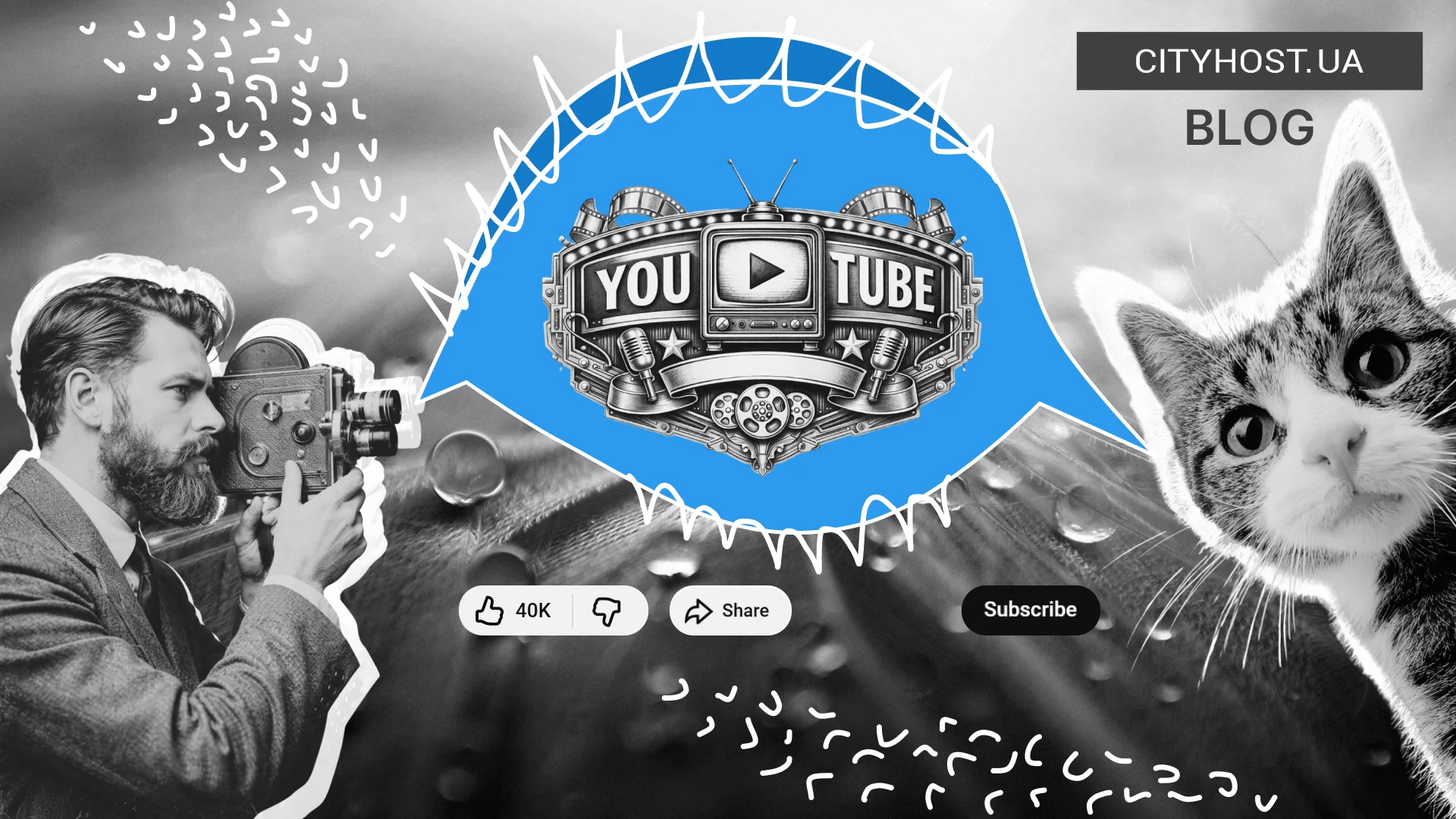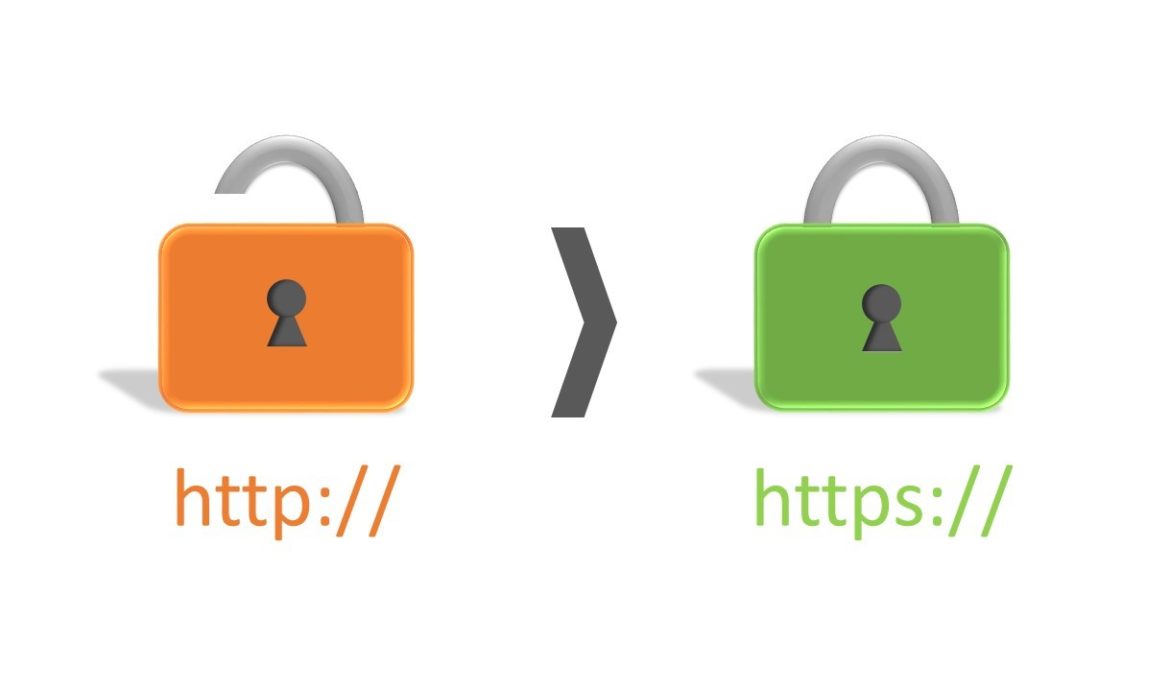
The FAQ page is a key section of any site. Answers to the most popular questions and common objections of buyers are collected here.
She also solves other tasks. For example, it relieves technical support, which has to constantly answer the same questions. Builds customer confidence by demonstrating knowledge of company products/services.
Also, FAQ answers users' questions, relieves their anxieties and fears, reduces the number of complaints and negative reviews. And even has a positive effect on the promotion of the site, improving navigation on the web resource.
If there is no FAQ page on the site, add it. Otherwise, you will lose a lot.
In what cases is the FAQ page necessary?
How to understand - do you need to create an FAQ page? Ask yourself two questions. First, how often do customers ask the same questions? And secondly, do you have a plan to create content (or new landing pages) that you will link to from the FAQ section, thereby converting users into real buyers?
For example, one company came up with such a chip. In the FAQ section, she wrote a short paragraph on why users should use her services.
Simple and effective. Although you can come up with other ways to convert visitors into customers.
Read also : What is a VPS server .What questions should be written in the FAQ section?
So you've decided to create an FAQ page on your website. But where to take the question? Everything is simple here: open support service tickets or company mail with incoming letters - and choose.
When choosing questions, it is recommended to consider:
- relevance (if you write down keywords - the FAQ page can be accessed from Google/Yandex);
- practical benefit (it makes no sense to answer meaningless and uninteresting questions);
- open opportunities (questions should attract, and answers should close objections and convert users into buyers).
Also think about how to formulate them correctly. Too long and confusing wording only repels.
If there are many questions, group them by categories:
- "About products";
- "Delivery conditions";
- "Terms of payment";
- "Selection of sizes";
- "Activation of promotional codes".
So users will be able to go to the desired section and find answers.
What to do if there are no technical support tickets and letters in the mail? Analyze competitor FAQ pages. Or read reviews about products/services on special sites where they are published. You can monitor thematic forums where users often ask various questions.
How to correctly answer questions in the FAQ section?
Competent positioning of answers is the key to success. Even if the issue is about product defects or poor service, it can be answered in a positive way. Competent answers are an excellent way to demonstrate knowledge of the field, product features, etc. But here the main thing is not to overdo it and answer in simple and understandable words for users.
Questions are made on behalf of the client. For example, "What I ...". And in the answers you need to refer to him - "You can ...".
Useful recommendations for compiling FAQs:
- create simple and clear wording;
- when answering the questions, focus on the goals you want to achieve;
- supplement the answers with videos or pictures (if they are appropriate);
- dilute the FAQ page with funny questions and answers, add small entertaining elements (if it corresponds to the spirit of the brand);
- at the end of the section, be sure to call the user to action to convert them into a customer.
And don't forget to include relevant links in your answers. Think about what logical step the user can take after reading the answer, and give him the opportunity to go to the desired section (to buy a product or order a service) in 1 click.
How does the FAQ section help promote the site?
Usually, an FAQ page is created to answer questions. To close customer objections and partially relieve support staff. The second reason why a FAQ page is created is to improve the results of site promotion. How does it work?
When you answer, you link to specific pages. This improves the behavioral factors and, accordingly, the positions in the issue.
Answers can be highlighted in Google/Yandex. Often, users are looking for information that relates to your industry, not your company. But in the end, they get to the site and, perhaps, become customers. To do this, you only need to correctly optimize the content or landing pages for keywords.
Where to publish the FAQ section?
Depends on the specifics of the business. If you focus on customer support, publish the FAQ section on the page where the contacts for contacting consultants are placed. Users will first read the answers, and then, if they do not find the necessary information, they will call the managers.
If you sell goods, the FAQ section is located in the site navigation (in the main menu).
If the main menu is filled, the link to the FAQ page is placed in the footer (bottom of the site).
You can also publish it on product pages. For example, by making it part of the descriptions or placing it at the end (after customer reviews).
How to design a FAQ page?
The layout of the FAQ page is at your discretion. There are no ready-made templates, and site owners choose the list of questions on their own. But there are universal ones that are suitable for any spheres:
- how to issue a product return?
- What shipping options are available?
- how to choose the right size?
- what is the product made of?
- I received a product with a defect: what should I do?
Once you've answered the standard questions, move on to the detailed ones related to your business. Take them from your inbox and support tickets.
Here are some examples:
- Saving information. Convince customers that their personal data is stored in an encrypted and depersonalized form.
- Product safety. Show that the company's products are harmless to health and the environment.
- Key chips. Specify what makes you stand out among numerous competitors ("the product is made of natural materials", "when ordering for the amount of N - we deliver for free").
- Instructions for use of the product. Explain to customers how to use the products. Especially if it has a complex design and is used for different purposes.
And to get the most out of the FAQ section, follow these simple recommendations:
- place it where users are almost ready to make a purchase;
- add it to the navigation menu, to the support page or to the "Contacts" page;
- do not forget to periodically update the FAQ, as users regularly have new questions.
Results
Now you know why you need an FAQ page. It is often forgotten and not created at all. But with the right approach, you can get the most out of even a "useless" page: relieve support staff, increase user loyalty to the brand, demonstrate authority and good knowledge of the subject, improve SEO results.
Do all sites require an FAQ page? So. Perhaps it is not necessary for information sites and blogs .... But, as they say, you can't spoil porridge with butter, so a FAQ section will not be superfluous for them.








